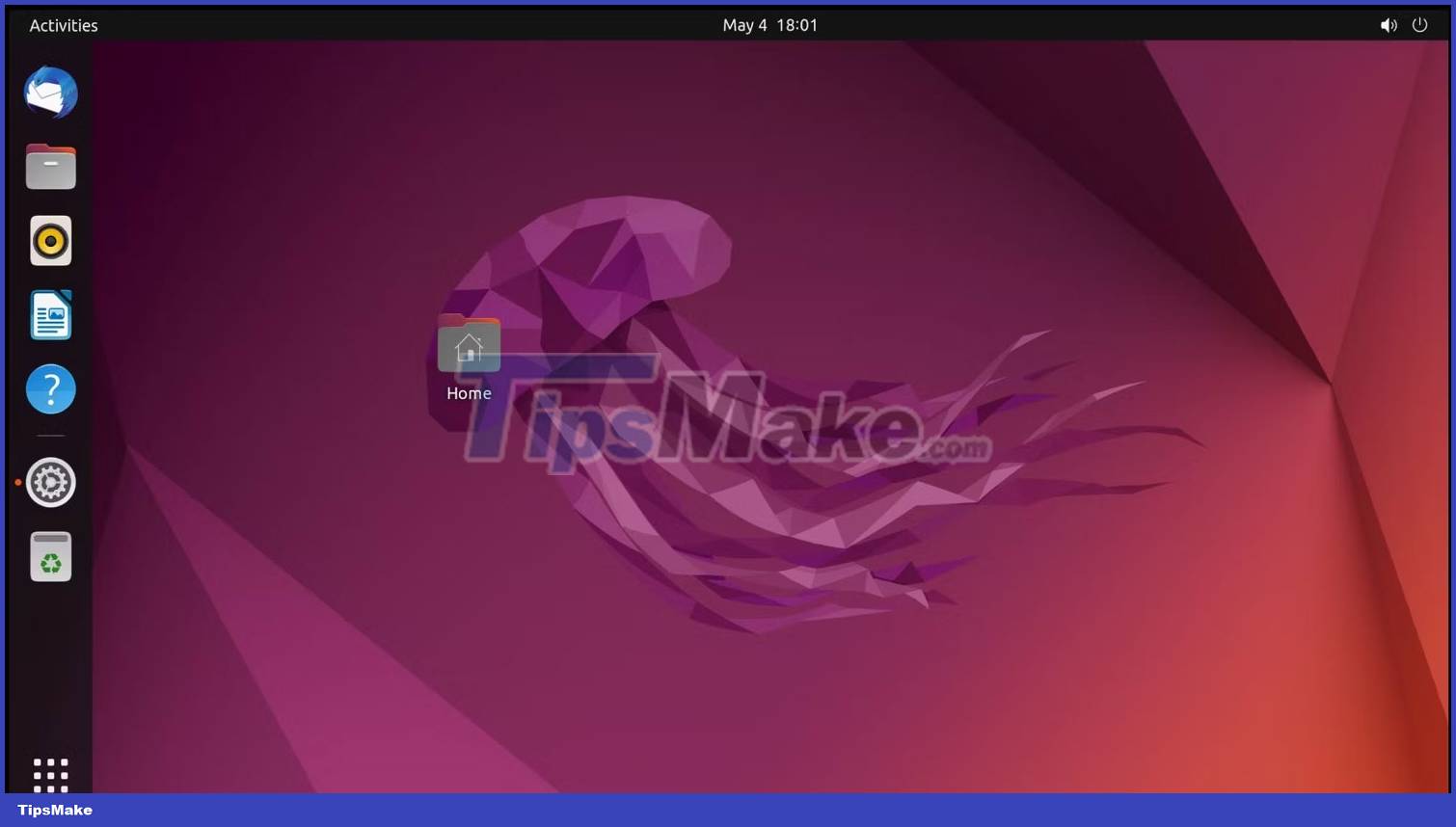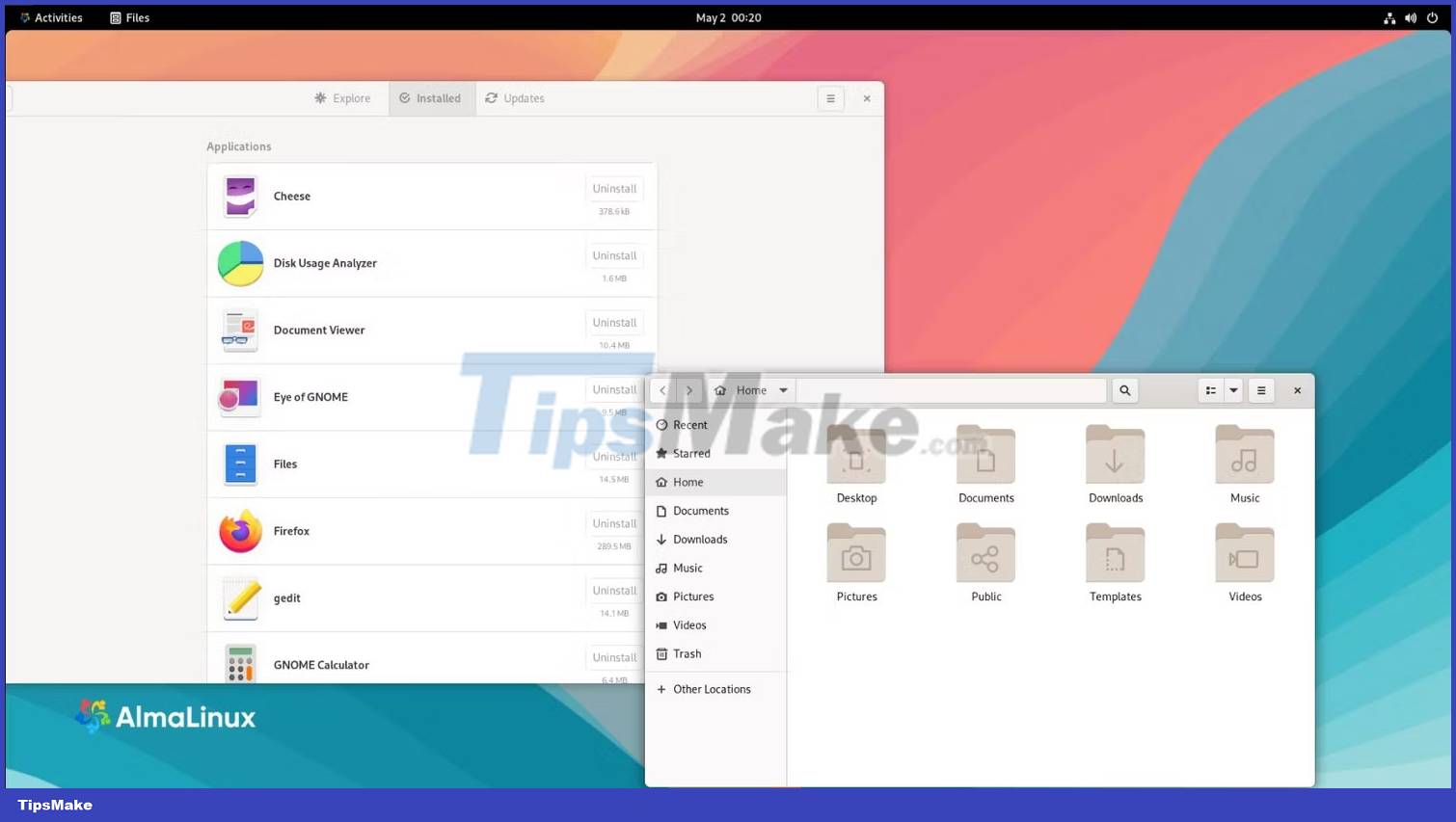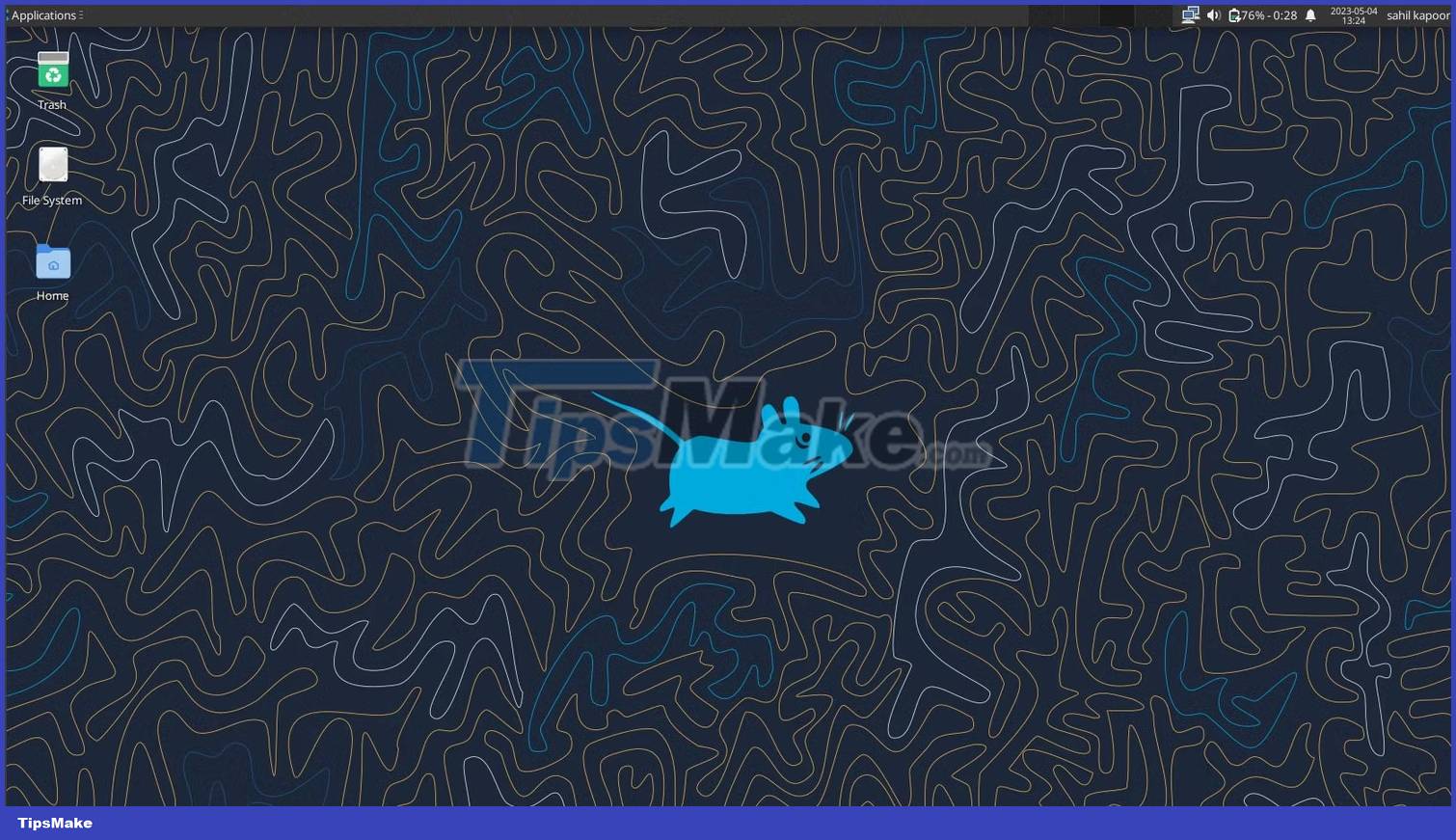7 Enterprise Linux Server Distributions
Linux is no longer an operating system limited to developers and individual users. As different Linux distributions continue to appear regularly, thousands of new Linux users are mushrooming across the globe, with diverse uses.
The newest entrants to the Linux team are businesses looking for stable and secure distributions to enhance their production cycles. With Linux by your side, you can always expect regular updates, top-notch security, and useful functionality.
Here are some of the best Linux distributions for business today.
1. Ubuntu Server

Ubuntu's popularity knows no bounds, as it is one of the easiest to use Linux distributions on the market. With its simplicity, ease of use, and multi-function, Ubuntu continues to outperform other Linux distributions.
Ubuntu works with any hardware or virtualization platform, making it ideal for websites, file sharing, and enhancing your cloud presence. Ubuntu Server dominates the cloud with cost-effective server solutions for users, individuals, and organizations.
Ubuntu Server is compatible with many different architectures, such as:
- x86
- x86-64
- ARM v7
- ARM64
- POWER8
- Mainframe IBM System Z
As a small business, you can quickly deploy Ubuntu Server to manage your files and web server. As a business, you can quickly scale and purchase Canonical's enterprise-grade support by paying for a subscription.
2. openSUSE Leap

openSUSE offers two versions: Tumbleweed and Leap. Tumbleweed is not an enterprise edition, while Leap edition is considered an enterprise Linux distribution and provides a stable release every few years.
Leap's latest release is 15.4, with GNOME 41 and kernel version 5.14. You can choose from several different desktop environments, including KDE Plasma, GNOME, Xfce, shared desktop, server, and transaction server.
Each option uses a different set of functions, so it's easy to choose the one that best suits your requirements.
Some notable features of openSUSE include:
- Stability and fast performance
- Awesome theme
- Improved package management
- A simple design approach, not too fussy
3. AlmaLinux

AlmaLinux is a free, community-owned enterprise Linux distribution focused on providing long-term stability and running on RHEL as well as CentOS. Although it's an enterprise Linux distribution, it comes with regular releases, so you'll always receive timely updates for your machine.
The beta version of AlmaLinux 9.2, 'Turquoise Kodkod', is the latest version as of the time of writing and supports 4 different architectures, namely:
- Intel/AMD (x86_64)
- IBM PowerPC (ppc64le)
- ARM64 (Aarch64)
- IBM Z (s390x)
Since this is a beta version, you should not rely on it in a production environment.
Created by CloudLinux, AlmaLinux ranks highly in terms of security standards. It comes with OpenSCAP (Open Security Content Automation Protocol), which you can use to test your system for vulnerabilities and configure system security for best results.
4. Fedora Server

Fedora Server is well known for providing a stable and flexible server for developers, individuals and organizations. It incorporates the latest technology and you can stay up to date with the latest updates.
The latest updates include some of the latest system apps, ideal for businesses to adjust their servers based on market trends.
Some of the outstanding features of Fedora Server include:
- Uncompromising security : Fedora's enterprise-class security standards and pre-configured releases deliver tight security, allowing you to work seamlessly with industry-leading data protection
- Updated system administration applications : Fedora Server is known for its latest, most up-to-date technology, visible in applications, and a wide range of tools available to system administrators.
- Great hardware solution : In the end, you don't face any limitations, combined with hardware compatibility and kernel driver updates, making it a server worth considering
5. Oracle Linux

As the name suggests, Oracle created Oracle Linux, drawing power from Red Hat Enterprise Linux. To improve efficiency and help users seamlessly transition from CentOS or RHEL to Oracle Linux, you can use pre-written Oracle scripts for best results.
Oracle Linux is a powerful RHEL alternative and it attracts the attention of developers who want to get the most out of their Linux usage.
As a business, to reduce downtime, you can use kernel updates directly purchased from Oracle for your distributions. Although the operating system is free, some features may help developers. For example, no licensing fees allow you to run the operating system on multiple machines and servers.
Additional features include using the Unbreakable Enterprise Kernel, which is the default kernel available with Oracle Linux. On the desktop side, you have the GNOME desktop environment by default, making the operating system valuable and user-friendly.
6. Zentyal Linux Server
The name Zentyal is associated with the development of small business servers, including standalone and enterprise edition servers. Zentyal serves as the network gateway, unified threat manager, and office server and communication server.
Based on Ubuntu, Zentyal supports all MS Exchange protocols and has unlimited Active Directory support that you can use to associate Microsoft clients with a domain. Other great features include:
- Webmail
- Multiple virtual mail domains
- Web-based user interface
- Anti-virus/anti-spam
- Sync calendar and contacts
Both free and paid versions are available in Zentyal's server list.
7. Rocky Linux

When CentOS went down, users flocked to Rocky Linux. Rocky Linux also supports the source code of Red Hat Enterprise Linux (RHEL), making it one of the closest alternatives to CentOS.
Developed and marketed by the Rocky Enterprise Software Foundation, Rocky Linux receives regular updates and is enterprise-ready, delivering stability and excellence on a single hard drive.
Since the operating system is a downstream RHEL distribution, it has become an obvious choice that is easily compatible with enterprise servers.
The only reasonable limitation is that Rocky Linux is still in its infancy; its updates are slow and less than some other Linux distributions on the market. Despite the above shortcomings, Rocky Linux's stability and features continue to make it a popular choice among developers.